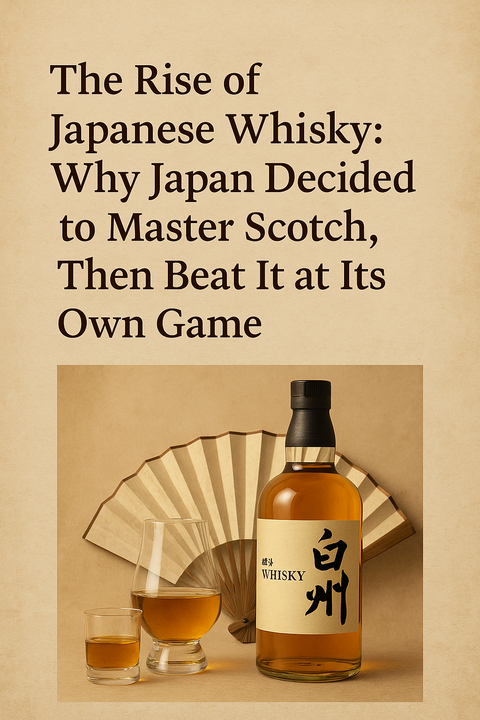In a world where people are more ingredient-conscious than ever, kosher-certified spirits are quietly becoming the gold standard—not just for those keeping kosher, but for anyone who wants transparency in their glass.
The rise of kosher-certified spirits is the result of both religious necessity and modern consumer demand. Here’s how ancient dietary laws met modern distillation—and why kosher whiskey, vodka, and brandy are making their way into more bars and homes than ever.
Faith Meets Fermentation: The Origins of Kosher Spirits
Kashrut, the system of Jewish dietary law, has governed what’s considered fit to eat and drink for thousands of years. It covers everything from meat and dairy to wine—especially wine, which plays a central role in many Jewish rituals. But spirits? That wasn’t originally on the radar.
Distilled spirits didn’t hit the scene until around the 12th century, long after the Torah and Talmud laid out the rules. But once Jewish communities in Europe, the Middle East, and the U.S. started having access to distilled liquors, new questions bubbled up:
• Is this vodka kosher?
• What’s in this whiskey?
• Was that barrel used for sherry?
• Did someone sneak in animal-derived glycerin?
It wasn’t just about what was in your drink—it was about how it got there.
The Push: Religious Observance Meets Industrialization
By the 19th and early 20th centuries, Jewish immigrants in America and Europe wanted access to spirits they could enjoy without compromising their beliefs. But food and drink production was getting more complicated. Additives, artificial flavorings, dye, and industrial-scale barrel-aging became common. Suddenly, even a “simple” whiskey wasn’t so simple.
You couldn’t just trust the label. And so, kosher certification became essential. Communities began demanding rabbinical oversight, leading to the birth of formal kosher-certifying agencies that examined every part of the process—from grain to glass.
The Boom: From Post-War Bottles to a Multimillion-Dollar Market
After World War II, the kosher certification industry expanded. Wine was the first major category to be formalized (Manischewitz, made in NY), but spirits weren’t far behind.
As observant Jews sought to enjoy spirits that respected halachic (Jewish legal) boundaries, the demand for kosher-certified whiskey, vodka, and rum took off. Brands took notice.
Fast forward to today:
• Kosher-certified spirits are a multimillion-dollar industry.
• Distilleries voluntarily seek certification, recognizing that kosher = consumer trust.
• There’s now an entire ecosystem of Passover-friendly liquors made without grain—vodkas from potatoes, rums from sugarcane, and brandies from grapes.
Why Kosher Spirits Matter Today
Kosher certification isn’t just about faith anymore—it’s about accountability, quality, and clarity. More and more consumers (not just those who keep kosher) are seeking out certified bottles because they want to know what they’re drinking, how it’s made, and what’s been added (or more importantly, what hasn’t).
And when it comes to kosher whiskey, things get even more nuanced: no wine cask finishes unless they’re from kosher-certified barrels, no dairy or animal-based additives, and full transparency on production equipment.
The same goes for Passover liquor, which must be free from chametz (leavened grains), ruling out traditional whiskey altogether—but opening the door to creative alternatives like potato vodka, arak, and grape-based brandy.
Bottom Line
The creation of kosher spirits was never about exclusion. It was about inclusion—ensuring that everyone could raise a glass in good conscience, whether at a Sabbath meal, a wedding, or just because it’s been that kind of week.
So next time you pour a kosher whiskey or sip a grain-free vodka during Passover, know that what’s in your glass isn’t just high-quality—it’s backed by centuries of tradition, careful oversight, and a modern commitment to doing things right.
L’chaim to that.




Comments (0)
There are no comments for this article. Be the first one to leave a message!